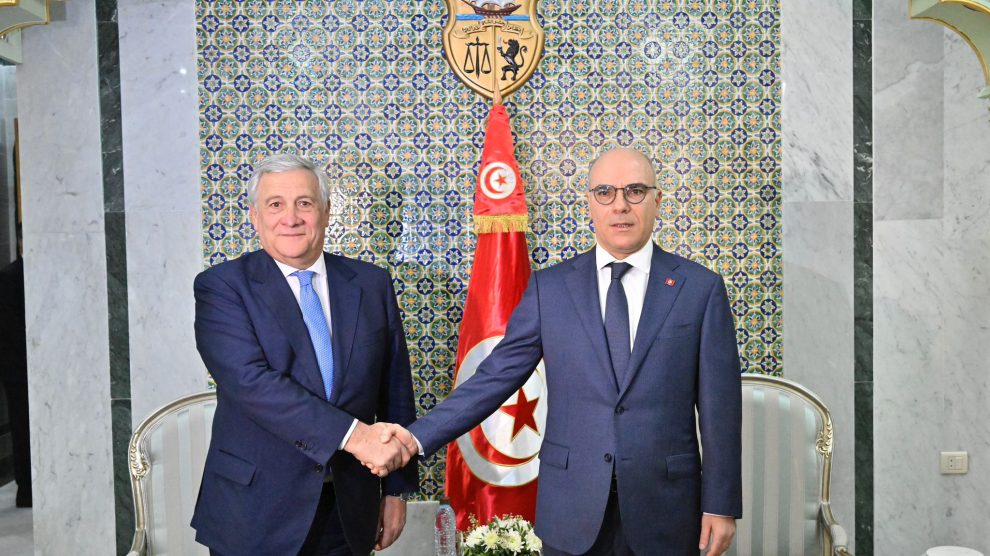Antonio Tajani in Tunis. As the conflict between Israel and Hamas rages on, the Italian Foreign Minister flew to Tunisia on Friday to meet President Kais Saied and his counterpart Nabil Ammar. He relayed that Italy “continues to work so that there is no widening of the conflict,” as he later told the press. “Our appeal to everyone is always to respect human rights, to respect international law and to keep the civilian population, on both sides, out of any military initiative.”
- Rome calls for the release of hostages and is pushing to ensure the opening of the Rafah crossing (on the border between Gaza and Egypt) to ensure that food supplies and medicines may arrive to the Palestinian people in Gaza and that Gazans with dual Italian citizenship may leave, he added.
- He also stood by Israel’s right to defend itself while remarking that Italy pushes for a “two peoples, two states” solution and is “strongly committed to convincing all parties to achieve this goal.”
An all-of-government approach. Over the past days, Prime Minister Giorgia Meloni, FM Tajani and Defence Minister Guido Crosetto engaged with regional partners from Israel, Jordan, Egypt, Lebanon, the United Arab Emirates, Saudi Arabia, Algeria and Morocco, meeting them in person or speaking over the phone. PM Meloni will travel to Egypt on Saturday to attend an international peace conference hosted by the local government and participated by a series of international leaders.
- She will likely travel to Israel after the Egyptian summit.
- The list of expected attendees includes several Middle Eastern leaders – Palestinian President Mahmoud Abbas and the heads of State of Egypt, Jordan, Bahrain and Kuwait – as well as multiple European high-level officials, South African President Cyril Ramaphosa and the United Nations’ Secretary-General Antonio Guterres.
Meanwhile, Rome and Tunis cooperate on migration. The Israeli crisis and its knock-on effects may compound the wider regional issues that drive emigration – a matter that Italy and Tunisia have been working on together, seeing as over 90% of irregular migrants landing on Italian shores, which have doubled since 2022, have departed from the Tunisian coast.
- Rome’s approach to Africa entails “non-predatory” cooperation with countries to address the root causes of migration and foster mutual development, including via regular migratory flows. To that end, FMs Tajani and Ammar signed an agreement to allow 4,000 qualified Tunisian workers to enter the Italian workforce.
- “We share with Tunisia a strong concern about migratory flows and the actions of human traffickers who exploit the suffering of people who are unable to live in their country. We have a common vision, and cooperation in the fight against traffickers is yielding very positive results,” said FM Tajani to the Tunisian press.
- The Italian official also touched upon the Rome Process, kickstarted with the Development and Migration Conference in July, noting the Italian government’s satisfaction with its progress and Tunisia’s “strong commitment”. The next meeting will take place in Tunis, he announced.




